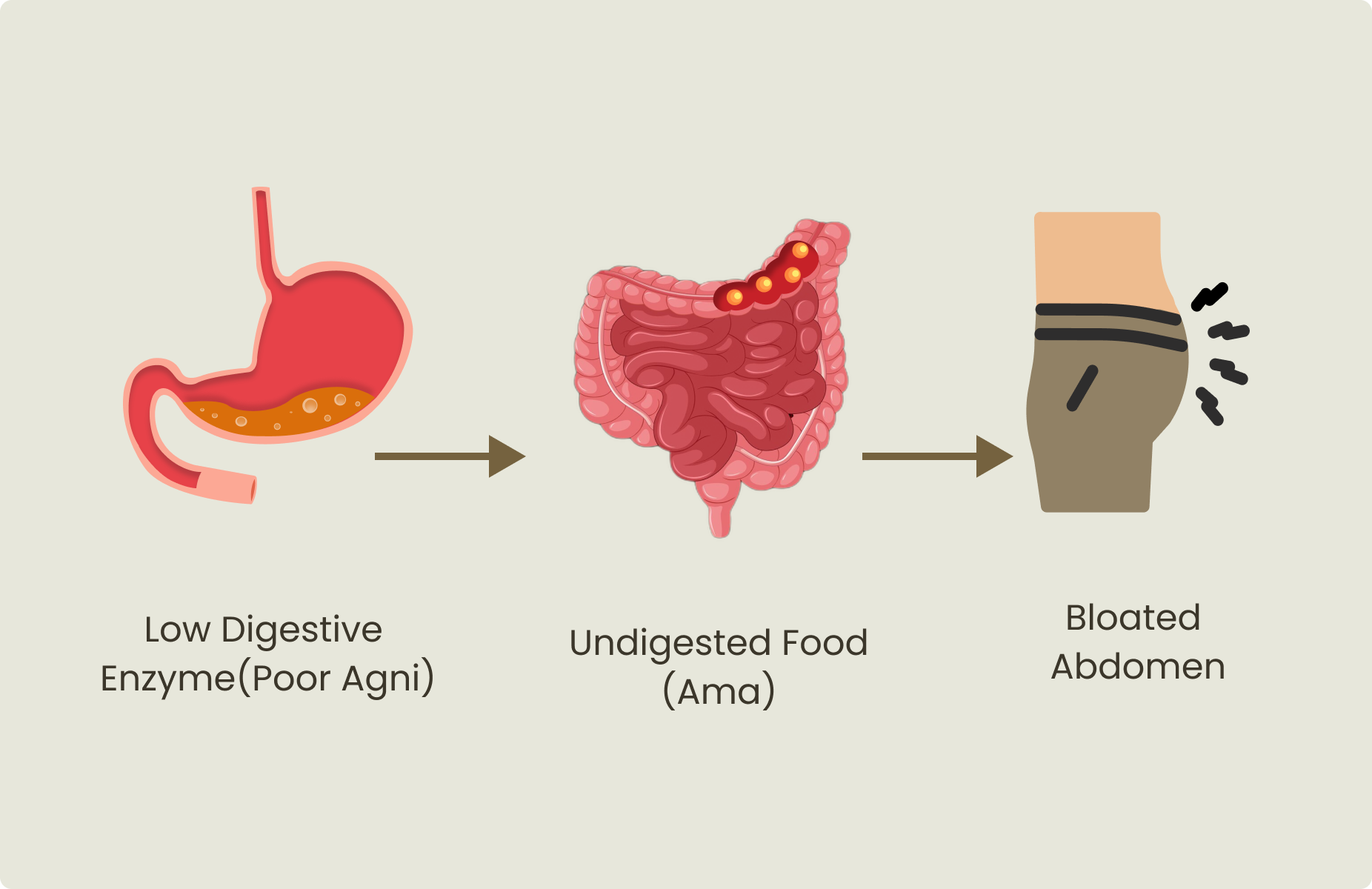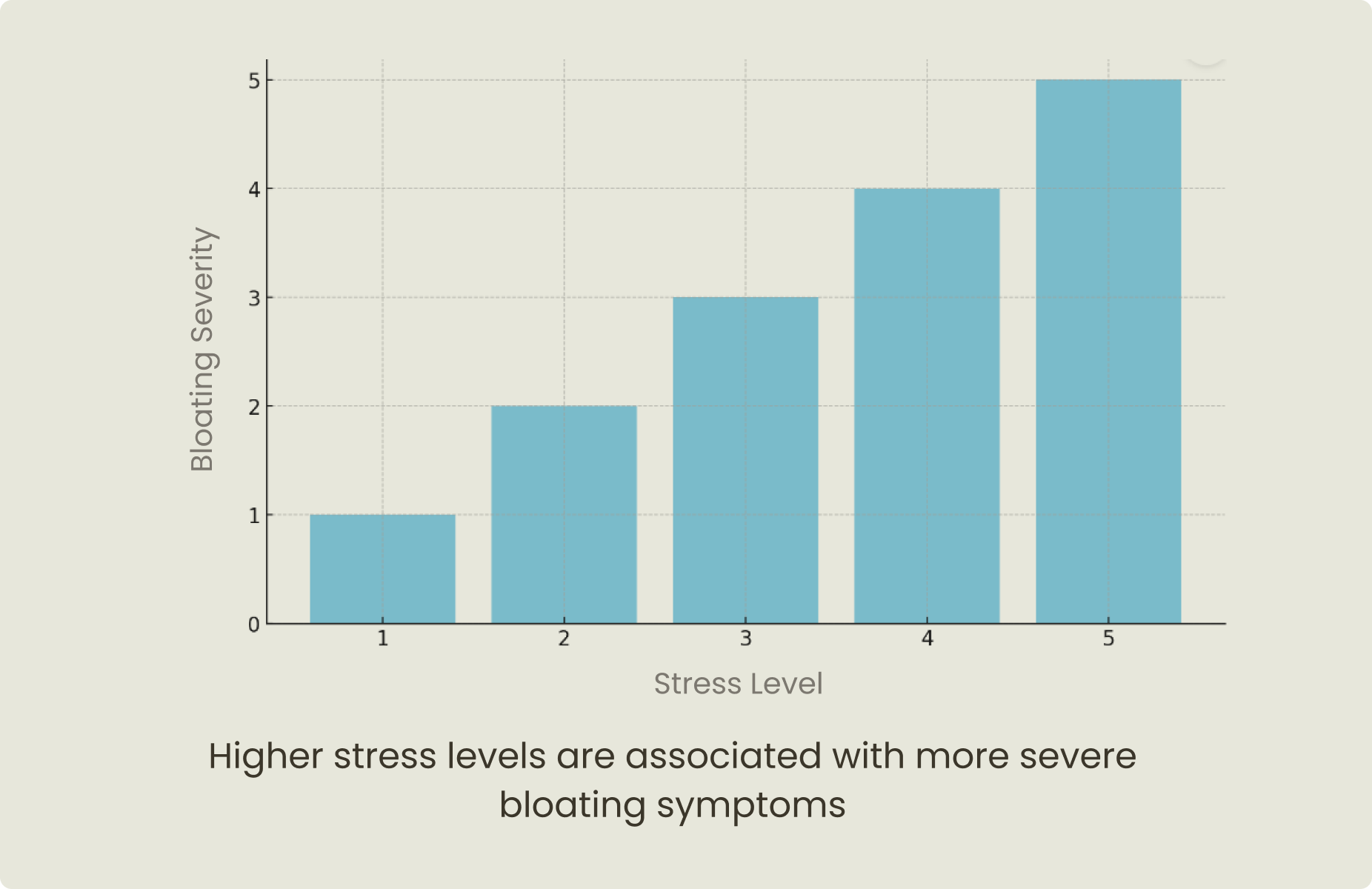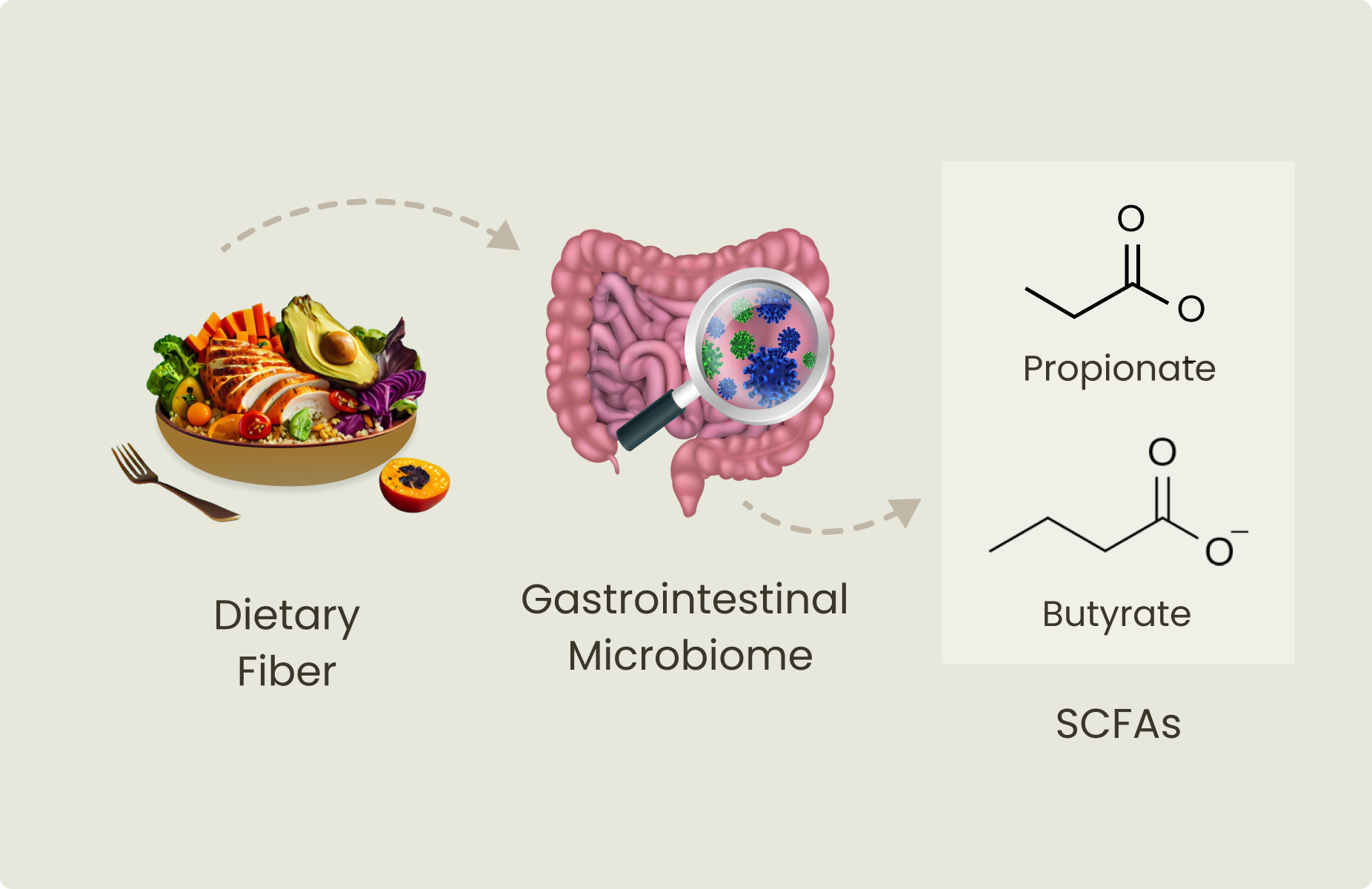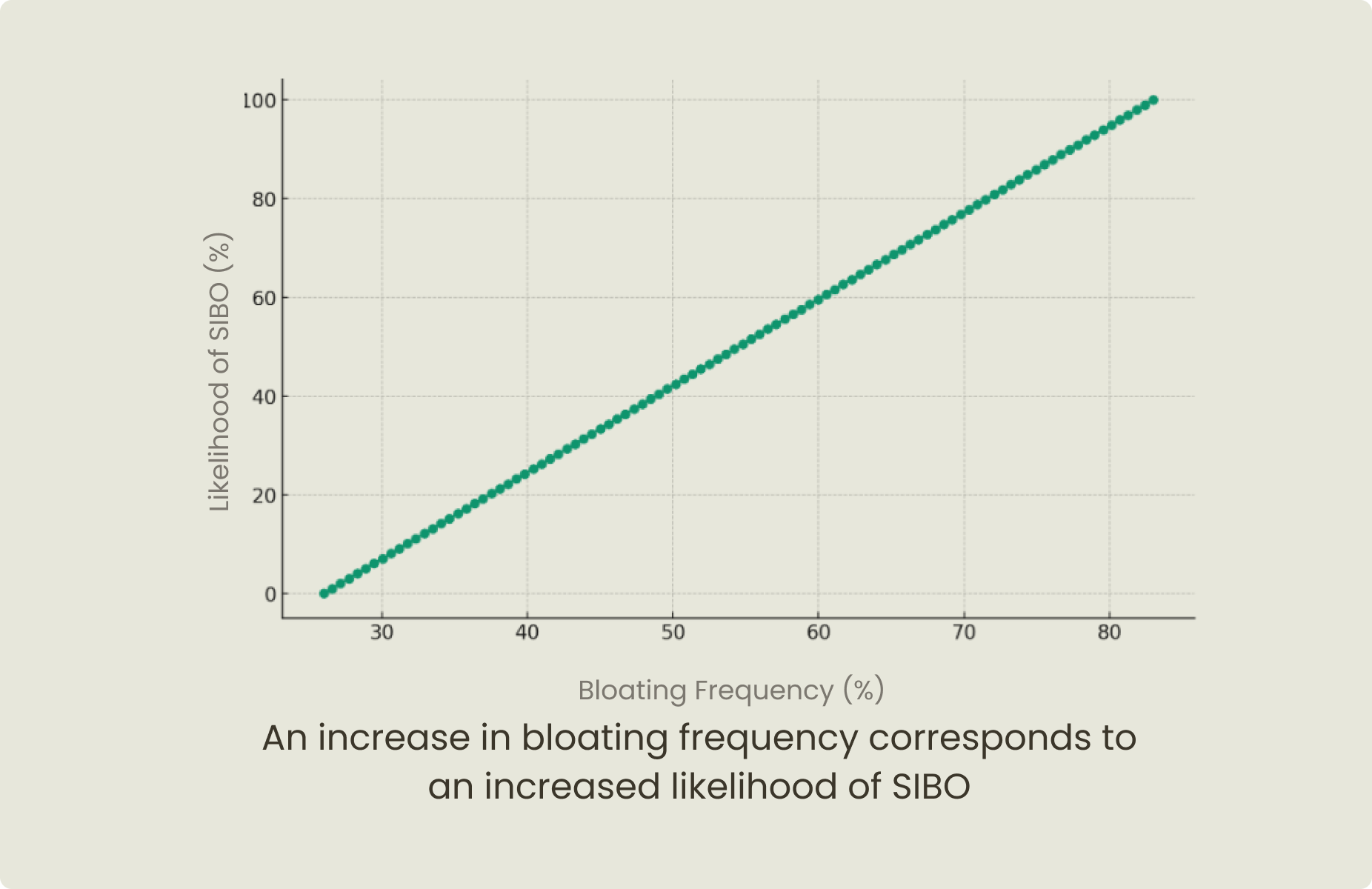Always feeling bloated even with a healthy diet? Discover Ayurvedic insights into the causes of bloating

Gastro Wellness | Ayur Ai
Dr.Harinee S, B.A.M.S., M.D.(Ayu.)
Updated on Mar 1,2024
In the realm of gastrointestinal health, bloating stands out as a common yet often misunderstood symptom. It transcends the simple explanation of overeating or consuming a large meal. Persistent bloating affects numerous individuals on healthy diets, impacting their well-being. A closer analysis of overlooked causes, such as insufficient digestive enzymes and stress-induced gut imbalances, is critical. Ayurveda, recognizing the importance of gut health thousands of years ago, emphasizes that gut health is synonymous with overall health, as the digestive fire, Agni, is pivotal for all bodily functions.

Low Digestive Enzymes


Digestive enzymes are crucial for breaking down proteins, carbohydrates, and lipids in the food. A lack of these enzymes can result in undigested food fermenting in the colon, leading to gas and bloating. In Ayurveda, bloating is linked to weak digestive fire (Agni) and imbalanced Samana Vata. Slow digestion can also cause the buildup of Ama, a harmful toxin affecting digestion and immunity if untreated. Recent studies indicate that digestive enzyme supplements have been a significant advancement in managing digestive issues1 .

Stress


Ayurveda opines that eating while stressed can cause bloating, as psychological stress (Manasika vikara) can intensify gastrointestinal distress. Stress significantly affects the gastrointestinal system and can contribute to conditions like irritable bowel syndrome (IBS)2. The brain-gut axis, a critical communication pathway, is central to the modulation of gastrointestinal functions—including movement, secretion, and the sensitivity of the gut’s visceral organs. Stress can trigger symptoms such as bloating by altering gut motility and the visceral sensitivity of the gastrointestinal tract.

Low Short-Chain Fatty Acids (SCFAs)


SCFAs, primarily acetate, propionate, and butyrate, are absorbed by the body with around 90%–95% uptake, while the remaining 5%–10% nourish other bacteria before being excreted. These acids acidify the colon, supporting beneficial bacteria growth, inhibiting pathogens, and aiding mineral absorption like iron. According to Ayurveda, an imbalance in Vata dosha can severely disrupt the colon's normal functioning, resulting in poor peristaltic movements. Furthermore, low SCFA levels are linked to gut motility issues.

Small Intestinal Bacterial Overgrowth (SIBO)


SIBO, or Small Intestinal Bacterial Overgrowth, refers to an excessive bacterial presence in the small intestine. An abnormal proliferation of bacterial populations in the small intestine characterizes SIBO, which can result in symptoms such as bloating and a range of other gastrointestinal disturbances. Those with SIBO might also experience unintended weight loss, various nutritional deficiencies, and potentially osteoporosis3.
References:
- Ianiro, G., Pecere, S., Giorgio, V., Gasbarrini, A., & Cammarota, G. (2016). Digestive Enzyme Supplementation in Gastrointestinal Diseases. Current drug metabolism, 17(2), 187–193
- Konturek, P. C., Brzozowski, T., & Konturek, S. J. (2011). Stress and the gut: pathophysiology, clinical consequences, diagnostic approach and treatment options. J Physiol Pharmacol, 62(6), 591-9.
- Dukowicz, A. C., Lacy, B. E., & Levine, G. M. (2007). Small intestinal bacterial overgrowth: a comprehensive review. Gastroenterology & hepatology, 3(2), 112–122.




